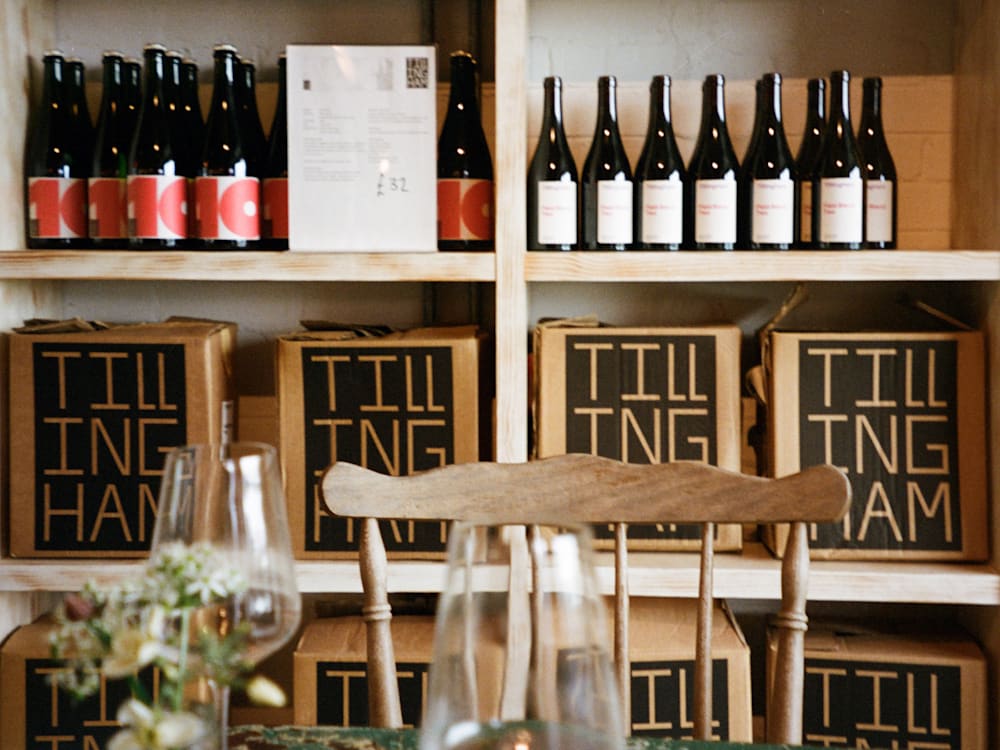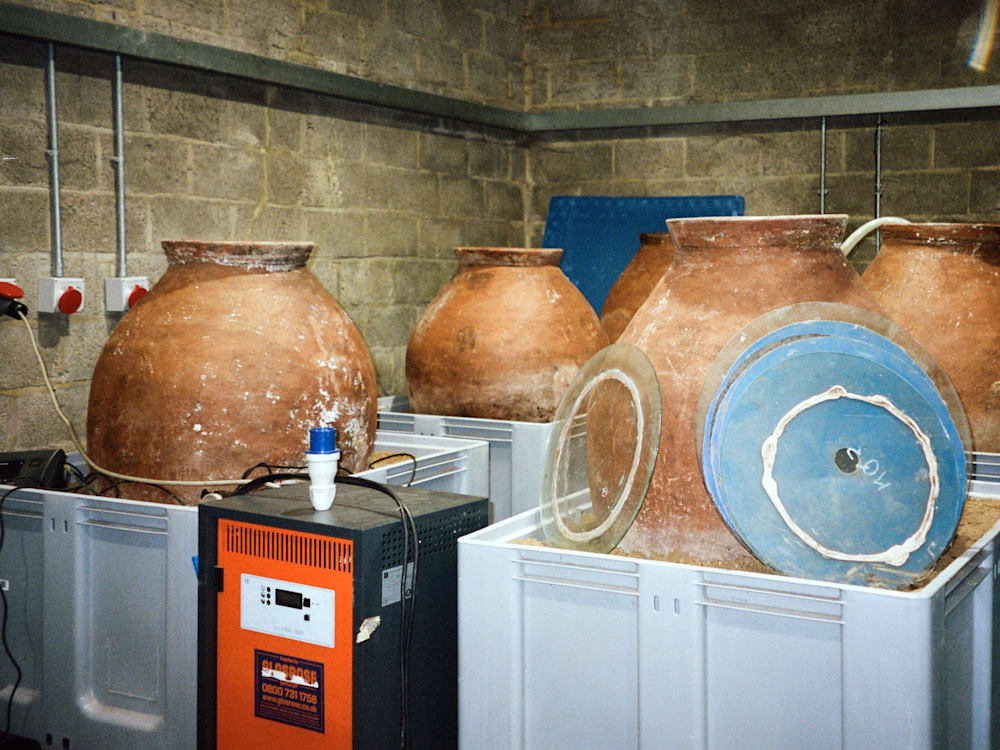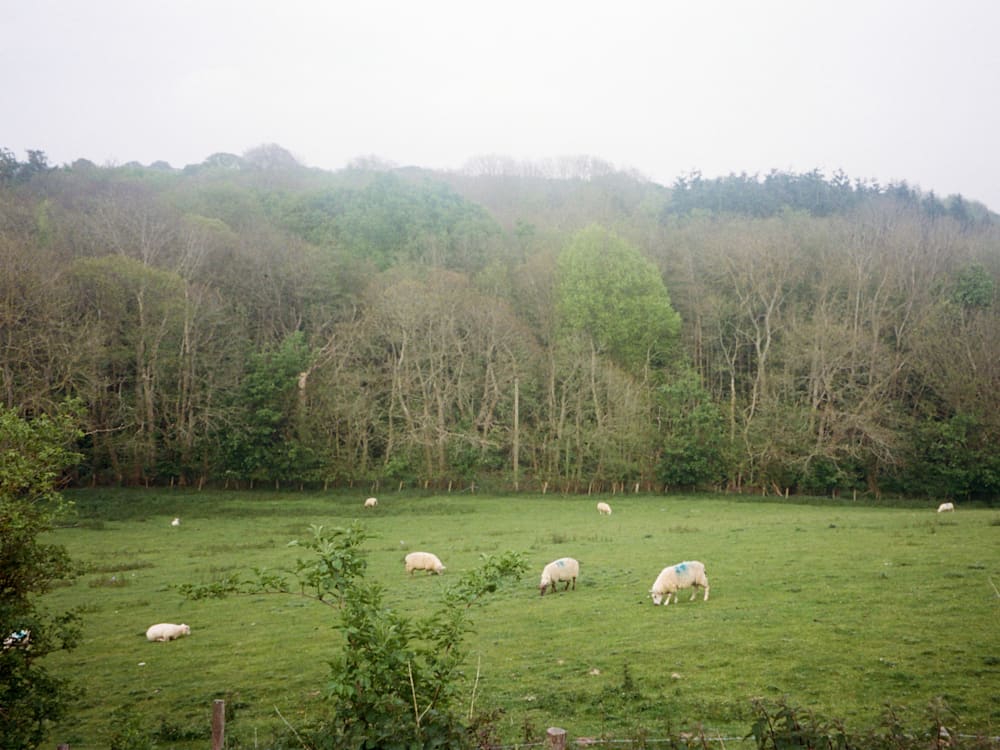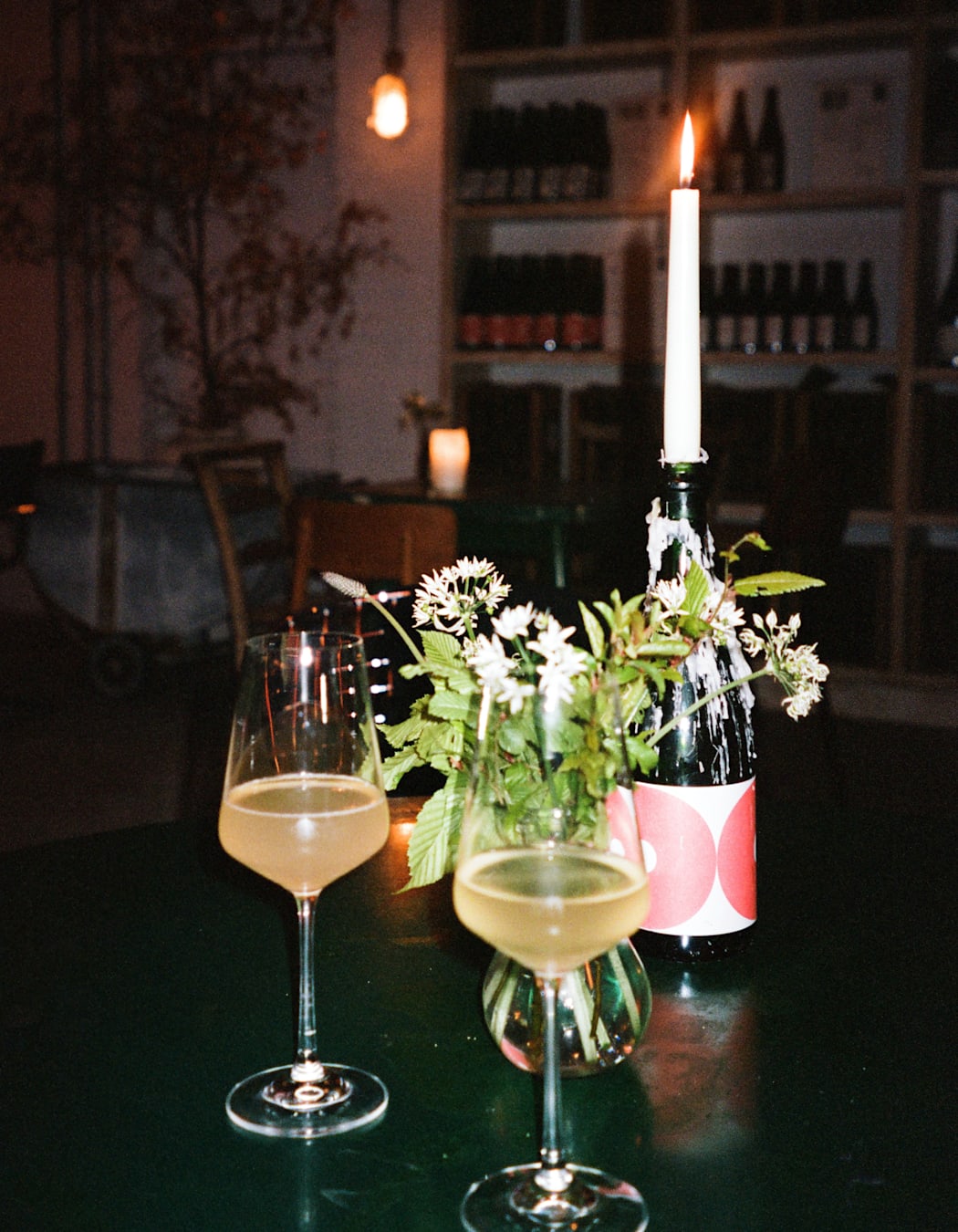The weather turns. We’re in England, alright. East Sussex, to be precise, where Mr Smith and I are spending the night at Tillingham, an achingly cool estate just outside of Rye. But that’s not quite where this story starts. Instead, allow me to transport you back to Neolithic Georgia where, having just mastered the art of farming, minds began to turn to more compelling prospects. You see, before Pet Nats became a trendy by-word and Dom Perignon was drinking the stars, the Georgians invented – drumroll – wine.

Turns out they had a knack for making it, too. In part thanks to the fertile valleys and sheltered slopes of the South Caucasus, but mostly because of their disposition. The ancient Georgians were dextrous and curious, spiritually connected to the winemaking process. The Brits? not so much. Or at least, not until now. Inspired by the Georgian’s ancestral techniques and holistic philosophy – and one particularly esoteric Austrian (more on that later) – Tillingham has earned a reputation for its unconventional methods, combining ancient traditions with up-to-the-minute technology and a playful, ‘try-it-and-see’ attitude. Now, as the young estate and its vines are entering maturity, so too are its wines.
Founded in 2017 by agro-maverick Ben Walgate, the Tillingham vision began as a romantic one, taking farming and winemaking back to basics. This included painstakingly planting 10,000 vines by hand. By 2019, Walgate had added a restaurant, shop, and 11 McCully & Crane designed rooms to the mix, and was busy pushing the boundaries of what wine could be by trialling unusual blends across some 20 different grape varieties. Eight years on, Tillingham is embarking on the next phase of its journey with Salvatore Leone, a Sicilian producer who is refining the estate’s offering with a more consistent and broadly accessible product. But that’s not to say the estate is done with experimenting.

Tillingham is one of just three vineyards in Europe to have their own Qvevri, a clay vessel which is placed underground and used to ferment grapes. Originating in Georgia, they have been used to make wine for centuries, and were granted protected status back in 2021, codifying its shape, materials and production method. ‘The Qvevri make a nice nod to the ancient history and culture of winemaking, but are mainly here at Tillingham for the unique wines they produce,’ explained Salvatore, ‘they lend a great textural element to the wines that we can’t achieve with other vessels.’
The Qvevri encapsulates some of the mystical elements of ‘biodynamic’ winemaking, a homoeopathic model attributed to Austrian philosopher Rudolf Steiner, and a certification Tillingham is on track to achieve by 2025. For Steiner, clay had the potential to act as a mediator between the cosmos and the earth, though that wasn’t his only unconventional idea. Across eight landmark lectures, Steiner outlined a series of harvest schedules and preparation methods that came to form the basis for biodynamic agriculture as practised today. Some of these methods – burying quartz crystals or planting in-line with astrology – are admittedly quite peculiar, but its basis of respecting nature as a living, receptive organism has proved fruitful.

‘Farming biodynamically is about producing the highest quality fruit with respect for the land and environment. We want our farm to have a healthy and balanced ecosystem beyond the monoculture of a vineyard.’ Tierney Beames, Tillingham’s head of wine told us. This means relying on natural substances like coppers and sulphates to protect the vines from fungus, and harnessing natural resources where possible. Walking through the vineyard, there’s a sense of wildness – sheep roam freely between the vines, and weeds are left to grow. ‘We let the lambs graze the vineyards, replacing the need for machinery’, our tour guide Sebastian tells us, ‘plus, it’s better for the grapes.’ He’s not kidding, I think, as I nurse the third glass of our tasting tour, a chilled red bursting with flavour.
This isn’t the only way Tillingham mobilises nature to their advantage. In welcoming a heightened biodiversity, they have attracted a flight of kestrels and hawks who keep the grape-gluttonous blackbirds and pigeons at bay while leaving smaller birds to take care of the bugs. There are other benevolent beasts you’ll encounter here, too – our morning coffee, taken fireside on our suite’s meadow-gazing terrace, is accompanied by a charming team of hogs who romp and roll their way through the green outside. The Mangalica pig is an old-world breed native to Hungary, who resemble sheep with their enviably curly coats. ‘Good for charcuterie,’ the head gardener, Becca, tells me, when I enquire later that afternoon. I, a vegetarian, pretend not to hear.

Becca, who has been escaping to farms since her school years to feed her enduring fascination with agriculture, is another example of what sets Tillingham apart. The estate is built by people with an infectious passion for the work they do. ‘I arrived at Tillingham in spring 2021,’ Becca tells me, as she guides me around the estate’s walled garden, ‘I knew I had to be here.’ Over the past three years, she’s built up the garden from scratch, working to make the soil more nutritious and setting the foundations for a successful, regenerative plot. ‘I make composts and teas, disturb the soil minimally, sow cover crops and keep the soil surface mulched with wool from our sheep,’ she explains, ‘I use BD500, too, a biodynamic preparation also used in the vineyard.’ In layman’s terms, that’s packing fresh manure into cow horns and burying them over winter.
Recently she’s also been busy refining what they grow with the help of the kitchen team. ‘It’s a collaborative process,’ she explains, ‘our chefs regularly visit the garden to plan and harvest. At the end of each season we discuss successes and varieties to be carried forward into the following year.’ And where many gardens have volunteers, Becca believes it’s important to keep it in the team, so that the process is fully integrated. This becomes obvious over dinner, where each course is fresh, balanced and rolled out with confidence. Like the wines, the food here is anchored by a strong sense of place. Behind every dish and every glass there’s philosophy in motion, and a group of dedicated hands working together. ‘We’re looking to make wines that are elegant and delicious, but also retain a sense of the progressive nature Tillingham was born from,’ says Salvatore. Tillingham may be growing up, but there’s still plenty of room to play.
Craving a tipple? Quench your thirst with our full collection of wine escapes and read more in our Revival Stories series.
Photography by the author.

